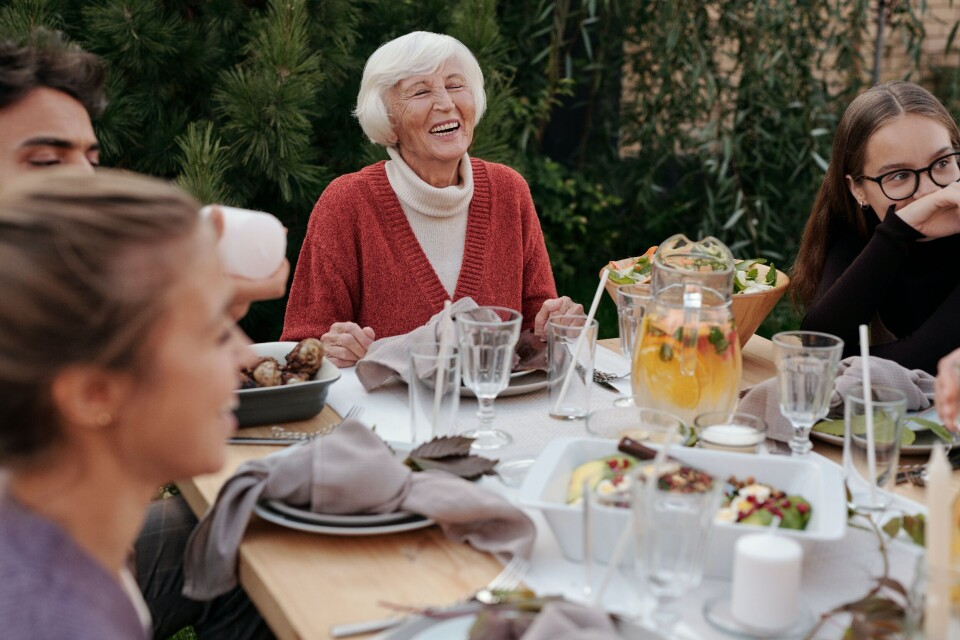-
The price of France's Easter chocolate habit revealed
Many French families prefer bunnies and bells to eggs
-
French boulangeries demand right for staff to work on May 1 so they can open
Artisan bakery owners can work but employees cannot, while certain industrial bakeries are allowed to remain open with workers
-
The magic of mayonnaise: Why a homemade emulsion always woos guests in France
Plus, which shop-bought mayo brand is best?
Improve your French: When to use the simple nicety 'bon appétit'
Listed as one of the most used French phrases by English speakers in 2018, when really is the best time to use ' bon appétit'?

One of the best-known and widely used French phrases, even for those with a limited vocabulary or linguistic education, is the mealtime utterance “Bon appétit,” which is generally intended to mean “Enjoy your meal.”
Back in 2018, Le Figaro even named the phrase in its list of the 10 most used by English speakers. Others included “chic”, “déjà-vu” and “je ne sais quoi”.
However, the use of this simple nicety is more fraught with social maladroitness than you could ever imagine. In certain circles – one might include traditionalists or those with a ‘superior’ outlook – ‘Bon appétit’ is little more than a heinous vulgarism which reveals the well-wisher’s lack of education and manners.
The reason for this is that back in the Middle Ages, anyone about to tuck into a meal that was less than appetising or easily digestible (as was commonplace – remember, this is before French cuisine as we know and love it today) would just as likely have been issued with a ‘Bon courage’ or ‘Bonne chance’. ‘Good luck with getting that digested’ was the inference.
So once the culinary arts were more established by the 19th century, it would have been an insult to the chef/host to say ‘Bon appétit’, as it implied that a diner required a bit of luck for ‘good gastric progress’ after their meal.
Our advice? It’s nice to be nice, so why not issue a friendly ‘Bon app’ regardless – unless your host is either 200 years old, a linguistics professor, particularly pedantic or the President of the Republic.
Or following your entrée, just wait for subsequent plats to arrive – you may be on safer ground with ‘bonne continuation’ (in this sense, “keep enjoying your meal”).
Related stories
Improve your French: The mixed meaning of 'quarantine'
What is the right way to say 'Mars landing' in French
























